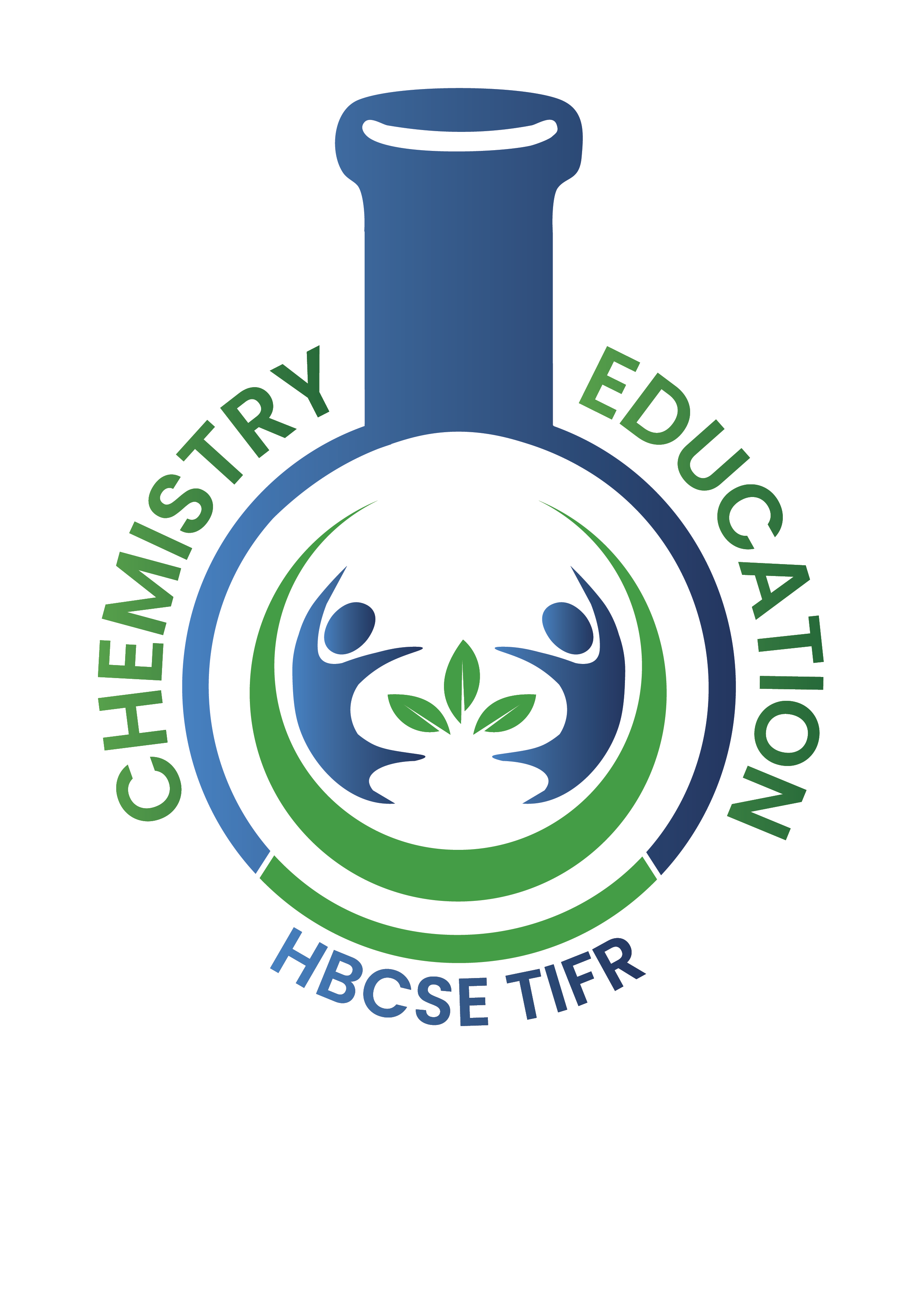Chemistry Education Research (CER) from its inception has addressed issues related to teaching and learning of chemistry at various levels. There are two distinct but related aspects of Chemistry Education Research (CER); one is to empirically analyse students’ difficulties and misconceptions in chemistry, the other is to develop methods for effective learning of chemistry. Efforts directed towards updating curricula and syllabi, modernizing teaching strategies and development of instructional material within the country need to be backed by discipline-based research in chemistry (that is, CER) so as to make Chemistry education meaningful.
At HBCSE, some of the CER areas we have been engaged with are
- Problem-based/inquiry learning in chemistry laboratories
- Designing experiments for conceptual understanding
- Study of misconceptions (development of concept inventories/diagnostic tools)
- Development of inquiry-based instructional materials
- Understanding epistemic aspects of chemistry
Our work is primarily at higher secondary and tertiary level. We look forward to sustain these efforts with all interested individuals
http://www.hbcse.tifr.res.in/research-development/chemistry-ed
The chemistry group is actively involved in Teacher professional development for chemistry teachers at higher secondary and undergraduate level. We conduct resource generation camps, exposure camps and other teacher camps at or outside HBCSE. Some of the keys areas covered in such camps are- i) designing context and concept based problems and understanding their pedagogical significance, ii) reflecting on laboratory experiments from learning and assessment perspectives, iii) students’ conceptual pitfalls in chemistry and iv) introduction to research informed innovative teaching-learning practices.
Resource Generation Camps (RGCs)
NIUS Chemistry
The National Initiative on Undergraduate Science (NIUS), a major initiative of HBCSE (TIFR) concerning tertiary science education in India. It aims at promoting undergraduate research and learning.
The current structure of the NIUS programme for students consists of an exposure cum enrichment camp followed by two to three camps for completion of project work. The main aim of the exposure cum enrichment camps is to excite undergraduate students about basic sciences. NIUS camps include sessions related to –
- frontier research areas in the discipline,
- core areas/concepts,
- laboratory activities involving planning and decision making,
- comprehension of scientific papers, and
- problems solving.
At the end of the exposure camps, a certain number of students, depending on the availability of mentors, are selected for NIUS projects that continue for about three successive semesters or so.
Olympiad Camps
The international Olympiad movement is aimed at bringing the most gifted secondary and higher secondary students of the world together in a friendly competition of the highest level.
Each year the top students from the Indian National Olympiads- INOs (approximately 35) are invited for the Orientation-cum-Selection Camps (OCSCs) held at HBCSE during April to June. At these camps orientation is provided to students for Olympiad level of theoretical and experimental tasks. Emphasis is laid on developing conceptual foundations and problem-solving skills. Students are exposed to innovative experiments with focus on conceptual and procedural understanding in experimental science. Several theoretical and experimental tests are held during the camp. On the basis of performance in these tests, few students are selected to represent India at the international Olympiads.
The selected Indian team undergoes a rigorous training programme at HBCSE in theory and experiment prior to their departure for the international Olympiads. Special laboratories have been developed in HBCSE for this purpose. Resource persons from different institutions across the country are invited to the training camps.
